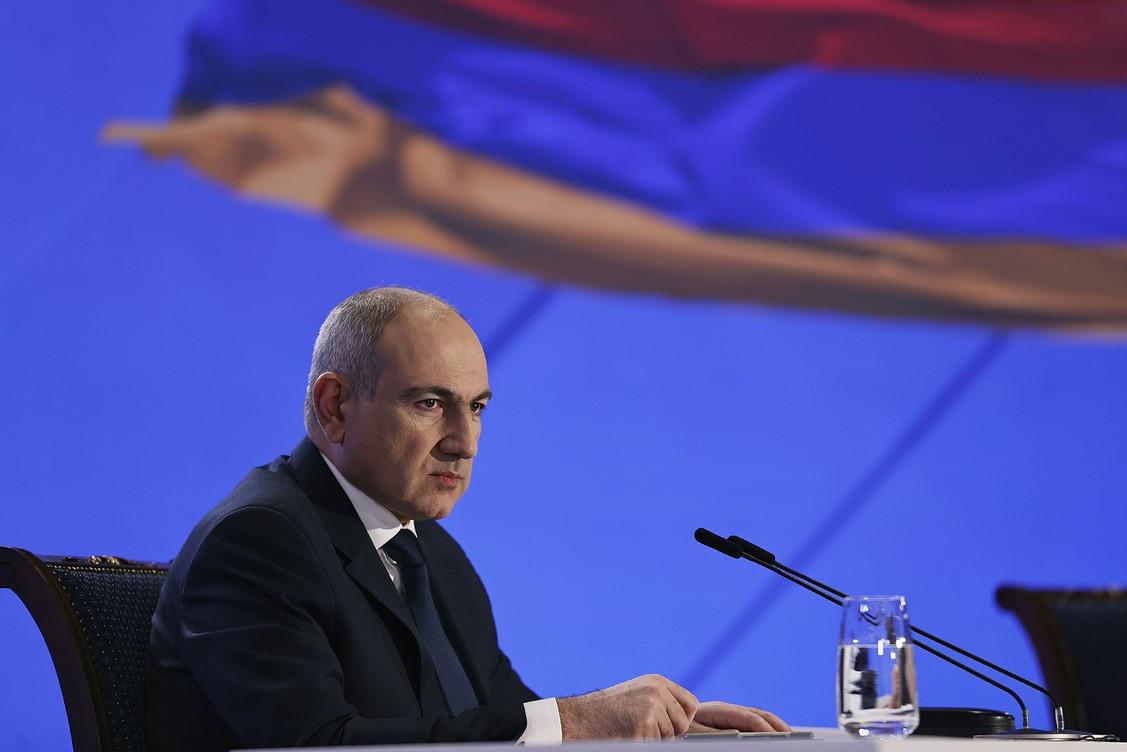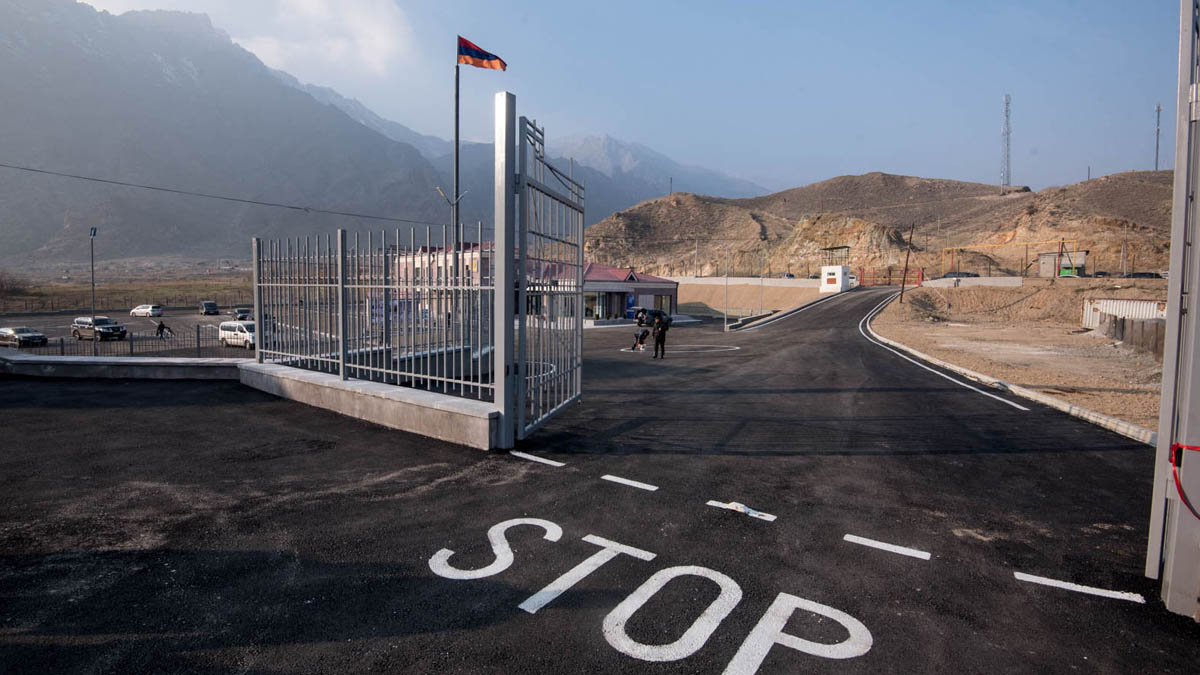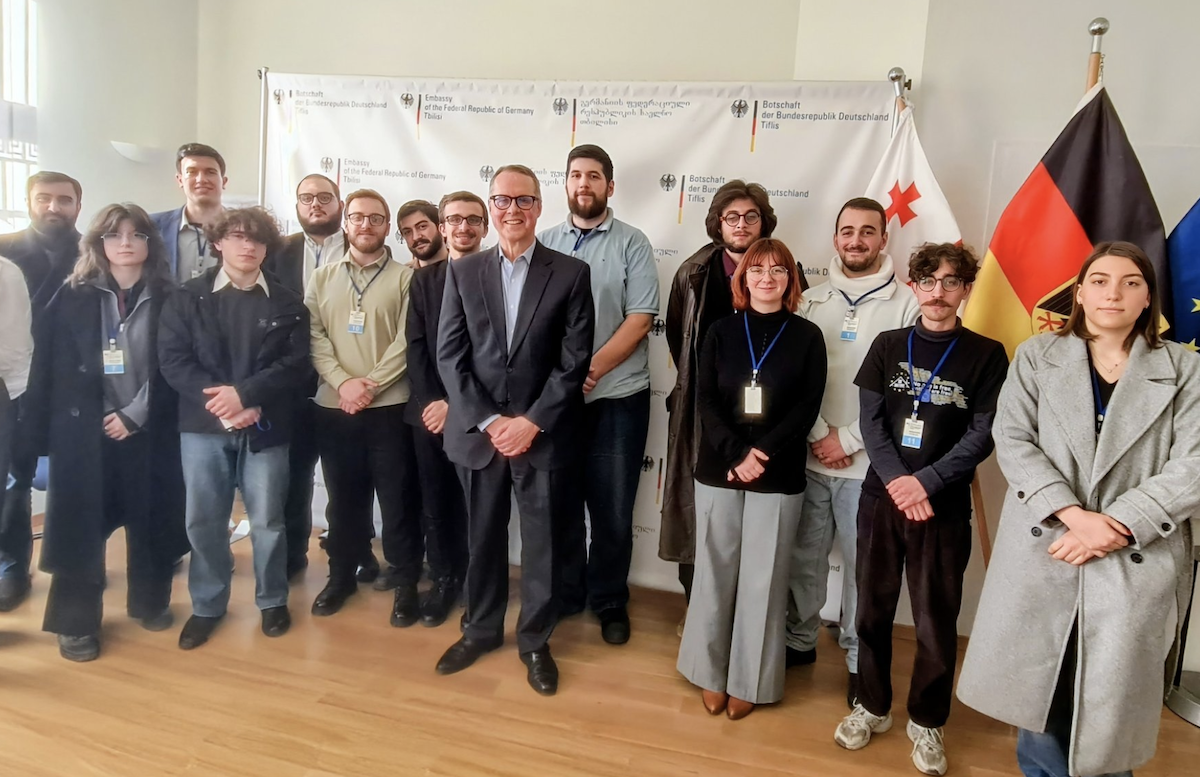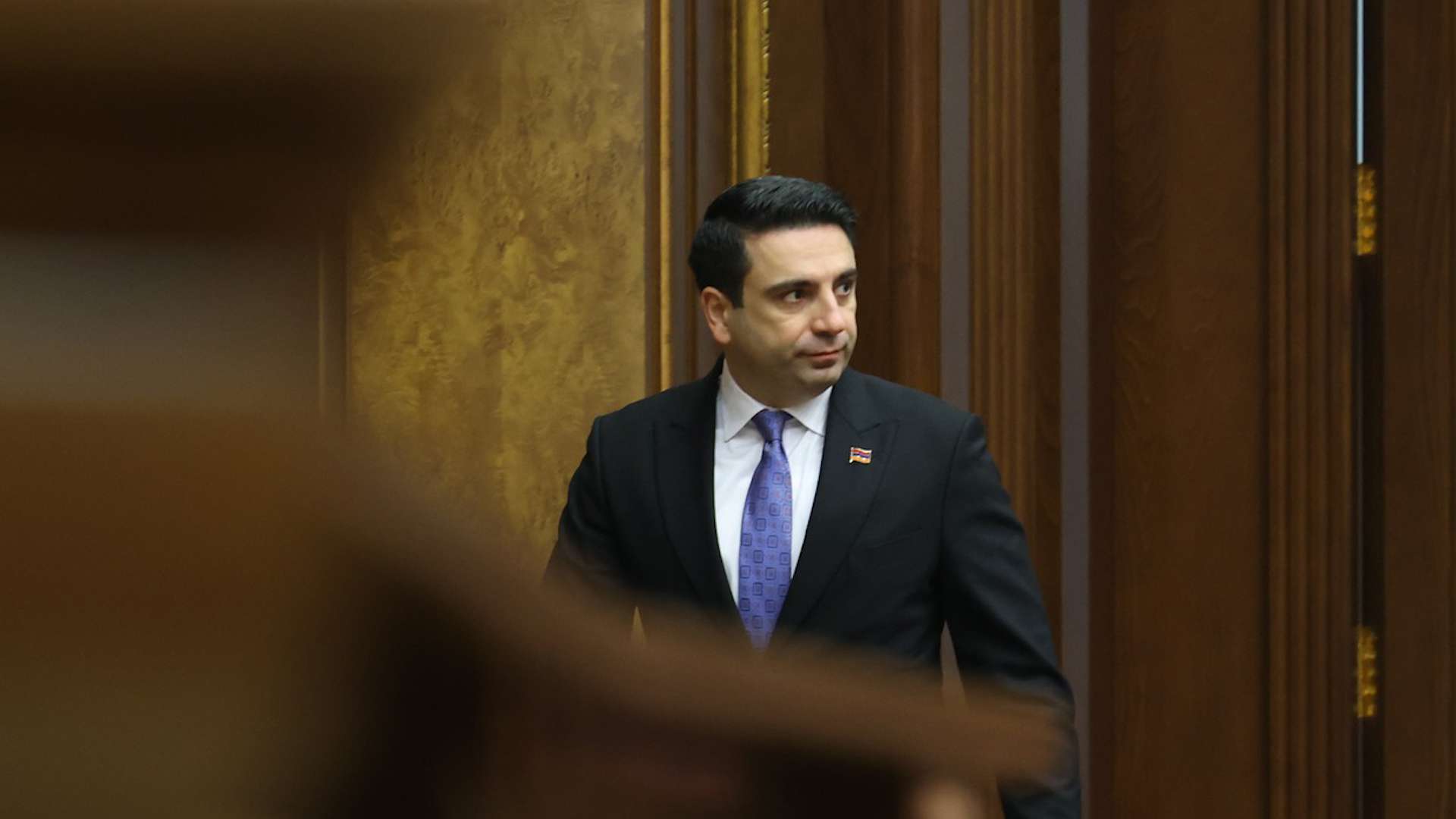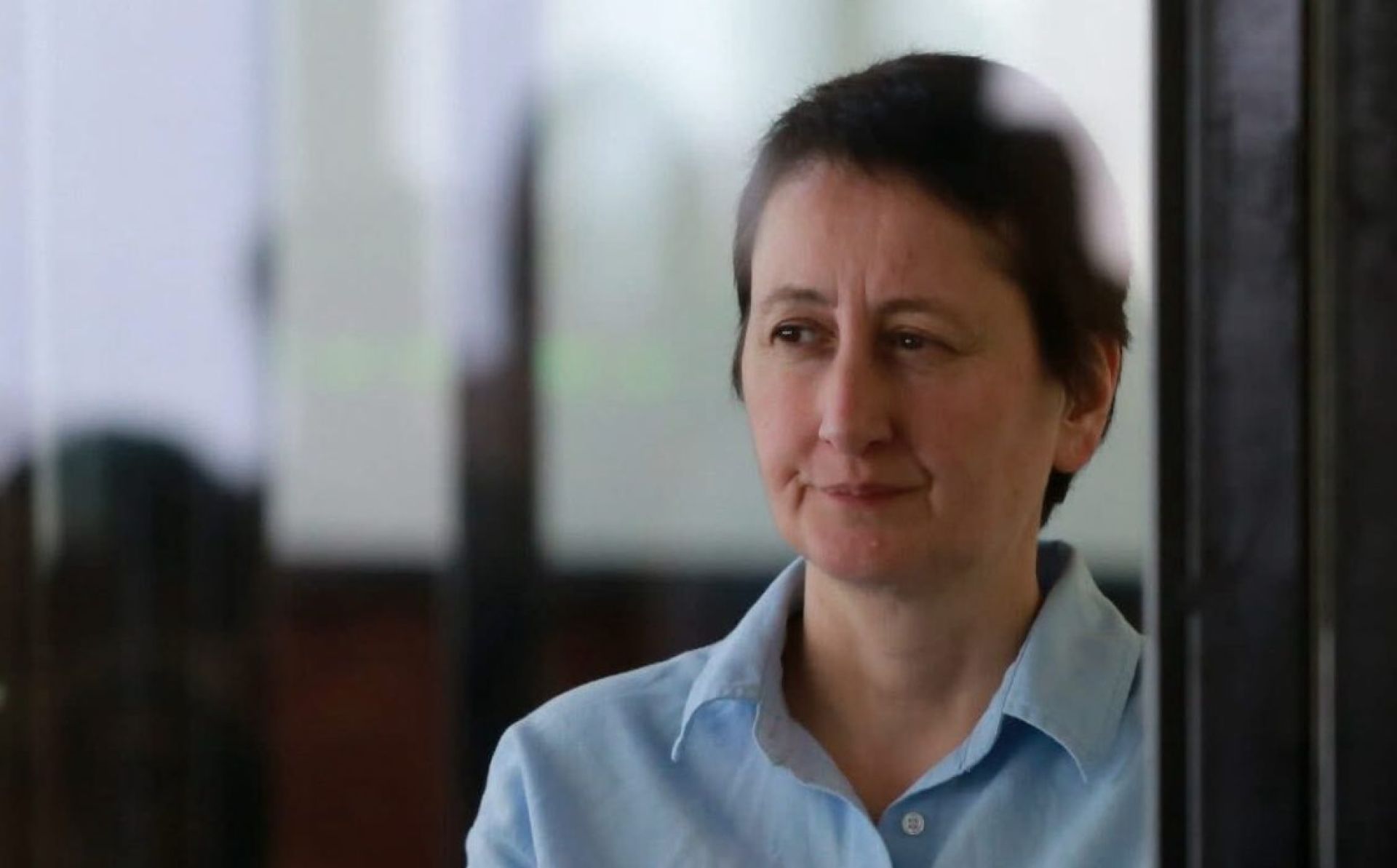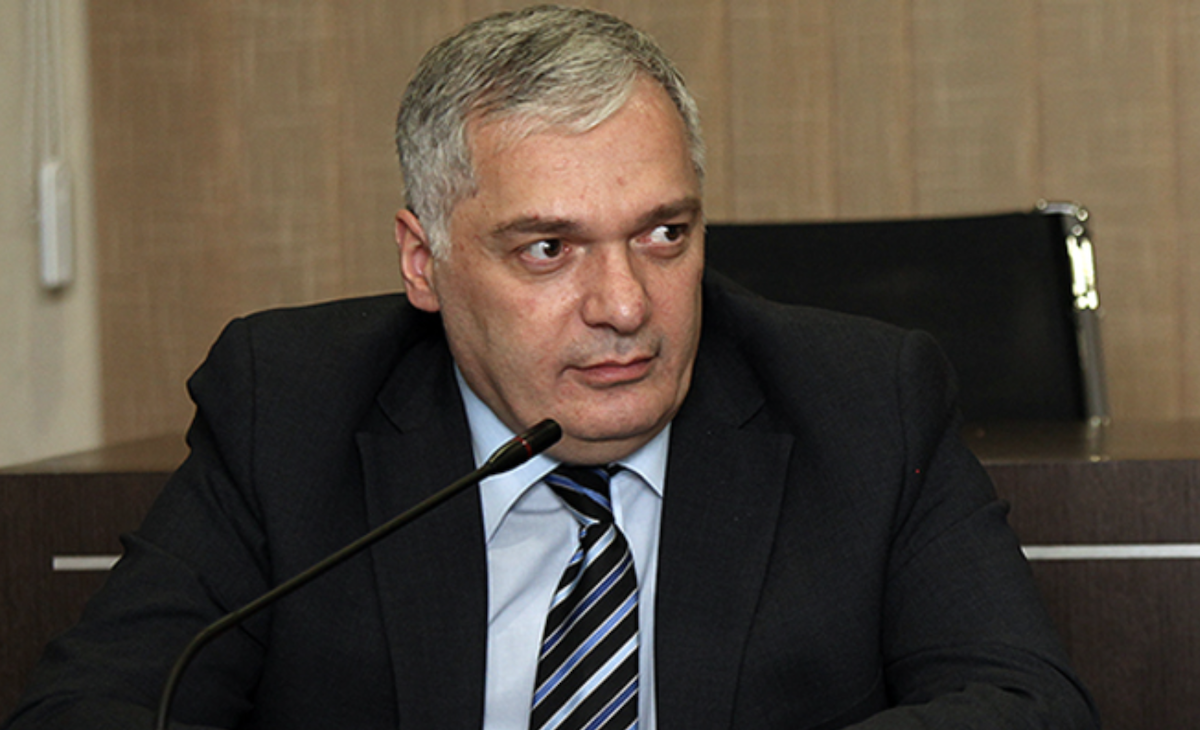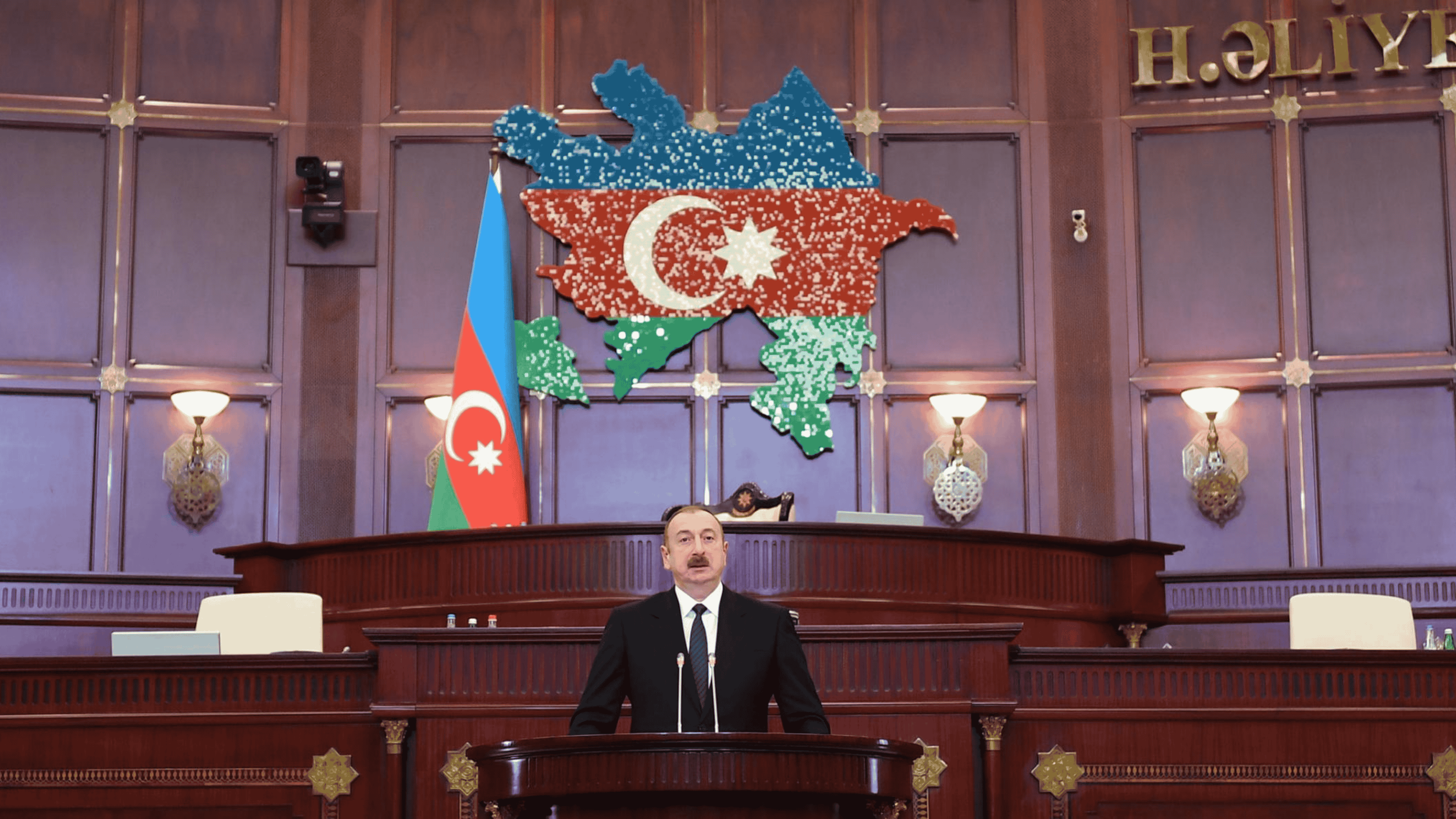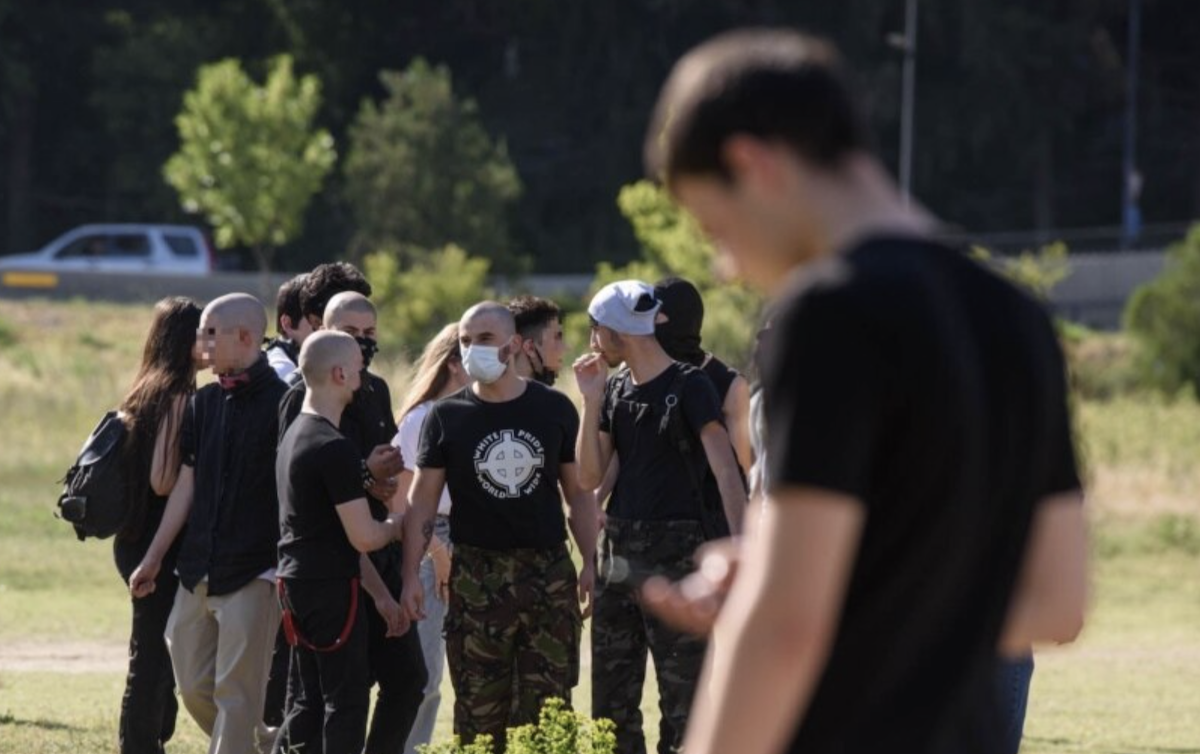“If only the Azerbaijan–Nakhichevan route opens, Armenia’s blockade will deepen” — Opinion
Armenian needs full lifting of blockade
Intense debate continues in Armenia over the recent U.S. proposal to unblock regional transportation routes, as well as over Prime Minister Nikol Pashinyan’s related statements. The Prime Minister noted that if the road were to be outsourced, a company could be established to attract investment and develop the necessary infrastructure. At the same time, Pashinyan reiterated his government’s own initiative — the “Crossroads of Peace” project — stating that Armenia envisions the unblocking process within this framework, which he described as having “tremendous investment potential.”
The parliamentary opposition, however, argues that the current plan does not aim to end the blockade of Armenia, but merely to open a transport corridor connecting mainland Azerbaijan with its exclave of Nakhichevan — a move they view as yielding to demands from Azerbaijan and Turkey.
“If we do not receive guarantees and cannot be sure that the construction and launch of this road will immediately and unconditionally lead to the lifting of Armenia’s blockade, then the entire discussion is meaningless. I am confident that Yerevan has conveyed this message both to neighboring governments and to its international partners,” said political analyst Areg Kochinyan in an interview with Public Television.
Azerbaijan continues to demand an extraterritorial corridor — the so-called “Zangezur Corridor” — insisting on unimpeded access without Armenian oversight. The Armenian government maintains that any unblocking must adhere to four principles: sovereignty, jurisdiction, territorial integrity, and reciprocity.
During his latest press conference, Prime Minister Pashinyan addressed these principles multiple times, but made no mention of reciprocity. When pressed by a journalist, he assured that discussions are indeed being held on this basis. He added that reciprocity presents a particular challenge: “There is a railway on Azerbaijani territory, but there is none on ours.” He emphasized that the investment component of the program is especially crucial for the Armenian side.
- “Yerevan’s proposals on unblocking dispel Baku’s concerns,” Armenian officials believe
- French consulate on Armenia’s southern border: Will it deter Baku from escalation?
- “Erdogan’s statement points to a deal between Turkey and Russia” – opinion from Yerevan
The Nakhichevan–Azerbaijan route: Main issue or subtopic?
The parliamentary opposition is under the impression that the U.S. proposal does not entail the unblocking of all regional communications. Opposition members are convinced that it concerns only the establishment of a land corridor connecting Azerbaijan with its exclave of Nakhichevan. Anna Grigoryan, a deputy from the “Hayastan” faction, stated that Washington’s proposal does not imply an end to Armenia’s blockade or an expansion of its economic opportunities:
“This is merely satisfying the demands of Azerbaijan and Turkey. If we narrow the question down to whether we agree to have the road controlled by an American organization, I must ask: how did the discussion about unblocking the region come to focus on the Meghri road and who will control it?”
At a press conference, journalists asked Prime Minister Pashinyan whether all roads would be unblocked simultaneously. The Prime Minister left this question unanswered. However, in March 2025, he gave a clear response on the matter.
“Connecting Azerbaijan to Nakhichevan through Armenian territory is a subtopic of the broader issue of unblocking regional transport routes. Armenia has never obstructed this matter,” Pashinyan asserted in an article dedicated to the region’s unblocking.
Comment
According to political analyst Areg Kochinyan, the publicly available information and the Prime Minister’s remarks indicate the following:
“The U.S. proposal envisions a private company receiving the right to build specific infrastructure — including highways, railroads, and gas pipelines — on designated plots of land. This would be carried out without transferring ownership of the land or altering its legal — let alone international — status. In essence, it would amount to a contractual obligation taken on by the contractor.”
The second stage, he explained, would involve the operation, maintenance, and management of the infrastructure. The third stage concerns ensuring security along the road and rail lines.
Kochinyan sees the proposal not only as an example of American capital investment, but as a tangible Armenian-American initiative.
“In theory, if a security firm — foreign or even local, but with Armenian ownership — were to be contracted to ensure road safety, I see no issue with that. There is nothing inherently dangerous in such an arrangement,” he said.
Drawing from the Prime Minister’s remarks, political analyst Areg Kochinyan concludes that no aspect of the project would fall outside the jurisdiction of Armenia’s police and security services. These agencies, he says, would have full authority to intervene and “enforce legal order” as needed.
“Moreover, as I understand it, the route will remain under Armenian customs and passport control,” he added.
Kochinyan believes the proposal warrants continued discussion. He is convinced that European countries should play a role in its implementation and suggests that partner nations of Armenia. As well as other regional players, may also participate. He points to Azerbaijan’s experience in carrying out large-scale infrastructure projects — including oil and gas pipelines and railways — as a relevant precedent, noting that countries such as the United States, the United Kingdom, Italy, and Japan were involved in those initiatives.
“For example, a corporation or consortium could be established, with investors first receiving certain guarantees from international financial institutions. In line with their investment shares, they would take part in governance and earn returns. This could be managed through a board of directors,” he explained.
In Kochinyan’s view, the American proposal is significantly more favorable and attractive for Armenia than the Russian alternative.
He recalls the trilateral statement signed in November 2020, which ended the Second Karabakh War, and Moscow’s subsequent interpretation of its terms:
“The Russian proposal was much stricter and more dangerous in terms of violating Armenia’s borders. According to Russia’s reading of the agreement, armed Russian security forces were to be stationed along the route — with FSB personnel deployed every 100 meters.”
He emphasizes that the Lachin Corridor was intended to mirror the route through Meghri in Armenia’s south. However, with the exodus of Armenians from Nagorno-Karabakh, the geopolitical landscape has shifted. Turkey and Azerbaijan now insist on a step-by-step approach: if Armenia wishes to see its borders with Turkey and Azerbaijan reopen, then the first step must be the opening of the road linking Nakhichevan with the rest of Azerbaijan.
Kochinyan is adamant that Yerevan should focus not on this single road, but on its broader “Crossroads of Peace” project and the full unblocking of regional infrastructure:
“If this road does not automatically lead to the opening of all other routes, then the entire conversation is irrelevant for Armenia. Under such circumstances, the blockade will only deepen,” he concluded.
Follow us – Twitter | Facebook | Instagram
Armenian needs full lifting of blockade










